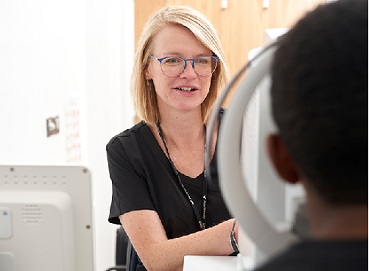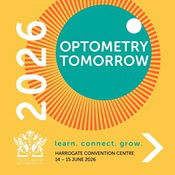General News
New Myopia App launched for Childhood Myopia
New Myopia App launched for Childhood Myopia
Aston University and Ulster University launch PreMO, a new clinicians’ app for childhood myopia
- The Predicting Myopia Onset and Progression Risk Indicator (PreMO) app is free for clinicians
- The data-driven app helps to predict children at risk of shortsightedness
- The app stores clinical data and generates patient-friendly reports.
 Aston University Head of Optometry Professor James Wolffsohn has led the development of a new, research-based digital health app for eyecare clinicians to manage childhood myopia (shortsightedness).
Aston University Head of Optometry Professor James Wolffsohn has led the development of a new, research-based digital health app for eyecare clinicians to manage childhood myopia (shortsightedness).
The Predicting Myopia Onset and Progression Risk Indicator (PreMO) app was developed in collaboration with researchers at Ulster University, led by Optometry Division Head Professor Kathryn Saunders. Research at Ulster University has shown that myopia is now twice as common as it was 50 years ago and that children are becoming shortsighted at a younger age. Higher levels of myopia are associated with sight-threatening eye disease later in life.
PreMO uses a data-driven approach to guide clinicians, patients and their caregivers through the process to manage myopia, including before it occurs. Clinicians can add a child’s details to the app, including age, sex, family history, refractive error, and biometry (axial length or k-values), and the app will generate individual, easy-to-understand reports that can be shared with patients and their caregivers. The reports are designed to provide a visual aid to prompt conversations around managing myopia risks.
The app can also identify younger patients who are at risk of myopia, even when they are not yet shortsighted. Once identified, clinicians can use the app as an education tool and work with caregivers to encourage lifestyles that minimise the risk and explain the treatments available, such as myopia control spectacles and contact lenses.
Clinicians can store and review patient data to review the progression of myopia over time and following treatment.

























